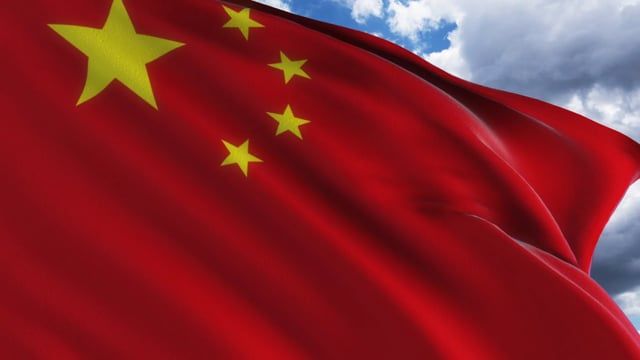China‘s investigation into Mexican tariffs, which began on Thursday, shows China’s rush to counteract the measure, which has not yet come into effect.
On Thursday, the Chinese Ministry of Commerce published the process by which it will launch an investigation into new tariffs that Mexico plans to impose on 1,463 product classifications (tariff items) originating in countries with which it has no trade agreements and which are members of the WTO.
China’s investigation into Mexican tariffs
On Thursday, the Chinese Ministry of Commerce announced the launch of a formal investigation. The focus is on possible barriers to trade and investment linked to restrictive measures imposed by Mexico.
The Chinese authorities called on interested parties to submit comments. They will have 20 days from the date of the announcement to send their written comments to the Ministry’s Trade Measures Investigation Office.
Under current rules, the investigation will include several stages. Questionnaires, hearings, on-site inspections, and other methods may be used to gather information.
Productive sectors
On September 9, 2025, Mexican President Claudia Sheinbaum presented an initiative to reform the General Import and Export Tax Law (LIGIE) to the Chamber of Deputies. The proposal was submitted in parallel with the 2026 Economic Package.
The reform proposes increasing import tariffs for 1,463 tariff items. Among the sectors affected are automotive, textiles, footwear, steel, chemicals, furniture, plastics, toys, and other consumer goods.
These measures reflect a shift in the country’s trade and industrial policy. They are part of the Mexico Plan 2025-2030, which prioritizes import substitution as a key strategy.
On Tuesday, Economy Secretary Marcelo Ebrard justified the tariff increase. According to the official, the goal is to reverse the growth of the trade deficit with Asia, which skyrocketed 83% between 2020 and 2024.
“What is the main reasoning behind the tariffs? The growth of our deficit with Asia. From 2020 to 2024, it grew 83%. If we don’t take action, there will be no way to finance that. Imagine: in four years, 80%, almost double,” Ebrard said.
The secretary also pointed out that Mexico is importing products below their reference price, which affects the competitiveness of domestic industry.

